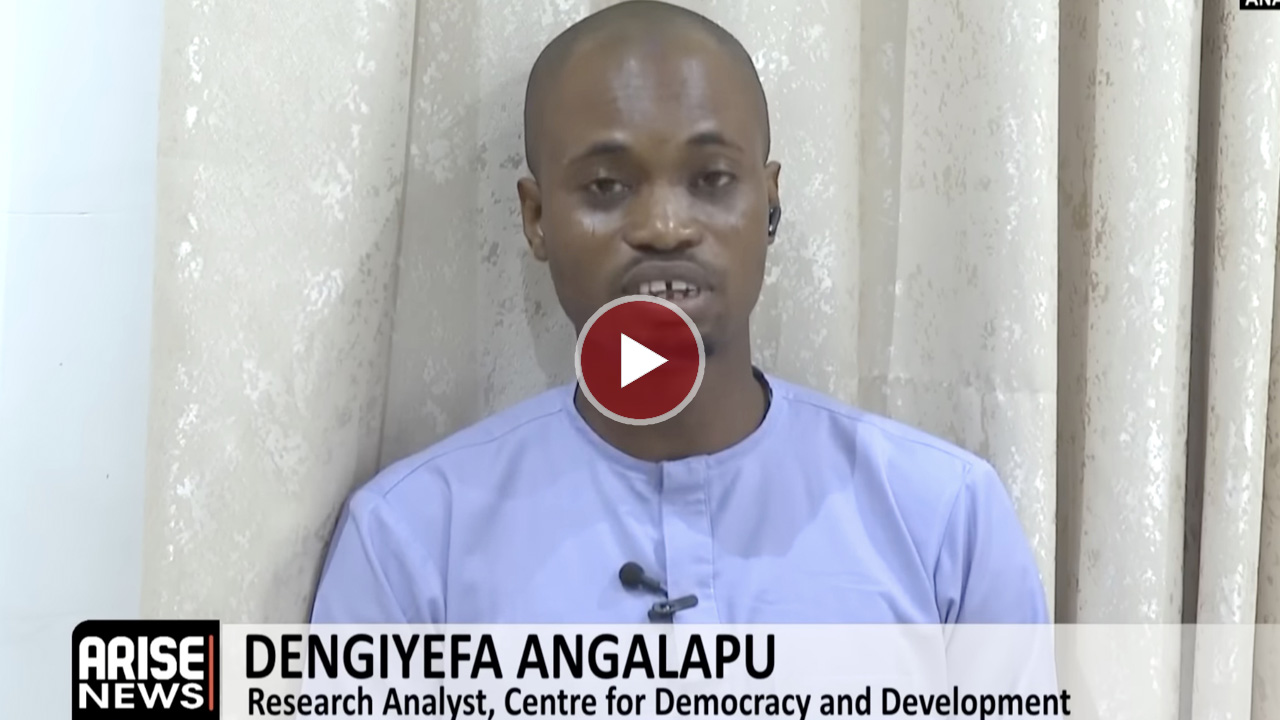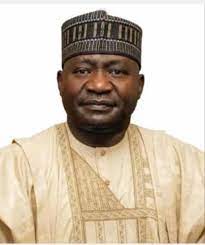

The upcoming Anambra governorship election will serve as a major test of the Independent National Electoral Commission’s (INEC) credibility and a reflection of Nigeria’s democratic health, according to Dengiyefa Angalapu, a Research Analyst at the Centre for Democracy and Development (CDD).
Speaking in an interview with ARISE News on Thursday, Dengiyefa Angalapu, Research Analyst at the CDD and one of the authors of the Anambra Governorship Pre-Election Assessment Report, described the upcoming election as “a state of many firsts”, noting its historic significance for Nigeria’s electoral process.
“Anambra is quite an exciting state — a state of many firsts. It introduced us to off-cycle elections, produced Nigeria’s first female governor through a court process, and was the first to widely deploy BVAS and IReV. It is also the first state where the new INEC Chairman will conduct an election. So, this is a very significant poll,” he said.
Angalapu explained that the CDD team visited Anambra in August and held extensive consultations with community leaders, political parties, and civil society groups. Their findings, he said, were grouped into eight key areas, including institutions, incumbency, insecurity, information disorder, and intra-party contestations.
On the preparedness of institutions, particularly INEC, he said:
“From our discussions, INEC appears ready. They have configured the BVAS and trained ad-hoc staff, which is commendable. However, there is still fear among some INEC officials due to past attacks on their offices and personnel, especially in 2021 when unknown gunmen threatened to stop elections.”
He added that distrust in INEC remains high, largely due to the IReV failure during the 2023 general elections.
“Many citizens told us they still find it difficult to trust INEC. This is a state that voted massively for Peter Obi in 2023, and the IReV glitch created a perception that votes were not properly counted,” he noted.
The CDD researcher also raised concerns about security, pointing to ongoing threats in parts of the state.
“We still have flashpoints, particularly in border areas like Lelu, Amorka and Asha. There are also concerns about state-backed security outfits like the Agbunechemba group and the Special Anti-Touting Squad (SASA), which some believe could be used to intimidate political opponents,” he said.
Angalapu further warned that money politics remains a serious threat.
“We have very strong evidence that money will play a significant role. People openly told us that cash inducement is expected to influence the polls. So agencies like the EFCC and ICPC must be alert to prevent it from eroding the credibility of the election,” he cautioned.
On the performance of INEC’s new chairman, Professor Joachim Amupiton, Angalapu acknowledged that expectations are high.
“This is his first major electoral test. He’s been visible on the ground and has confirmed that 98.8% of voters have collected their PVCs, which is commendable. However, Nigerians want to see a truly free and fair process — one that rebuilds confidence ahead of the 2027 general elections,” he said.
He also highlighted the worrying trend of weakening opposition parties, which he said is hurting political competition in Anambra and beyond.
“The health of Nigeria’s political parties is a major concern. The PDP and Labour Party are weakened by internal crises and have failed to campaign vigorously. What we are seeing is a semblance of a one-party system emerging, and that’s dangerous for democracy,” Angalapu warned.
He concluded that voter turnout may improve slightly compared to 2021 but expressed concern that a lack of strong competition could lead to apathy.
“When citizens feel the election has already been decided, they don’t see the need to vote. That’s our biggest worry — how the erosion of competition could affect voter participation,” he added.
Boluwatife Enome



